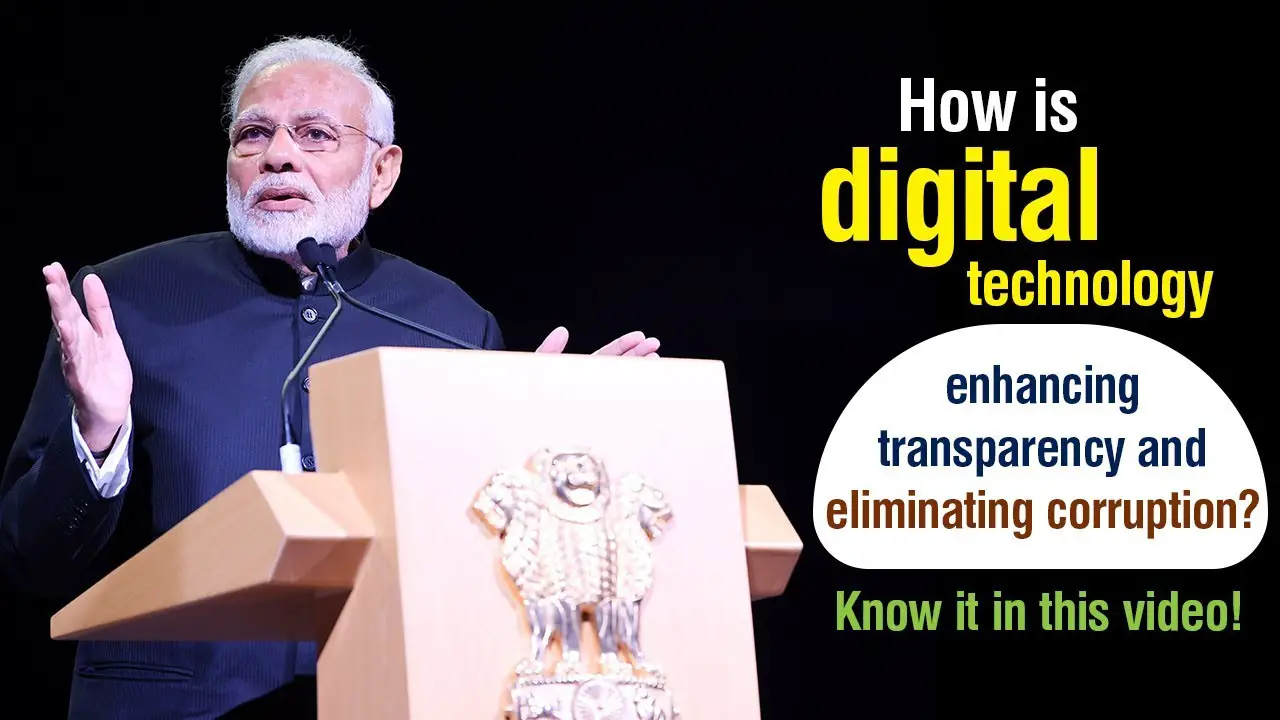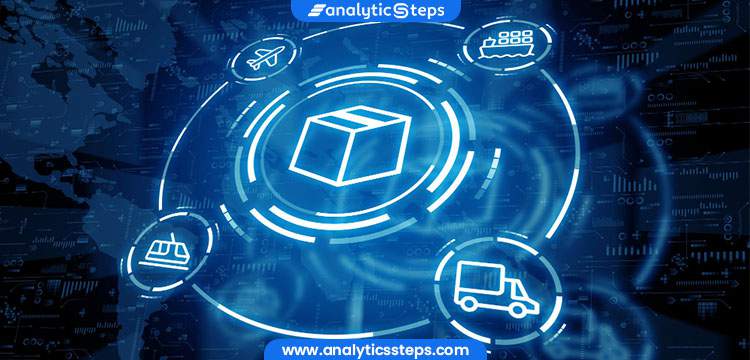The Promise of Blockchain in Eliminating Corruption and Enhancing Transparency

Blockchain technology offers a transformative solution to combat corruption and promote transparency. It establishes a decentralized, immutable ledger that records transactions securely and transparently. This has the potential to revolutionize various sectors, including government, finance, and supply chains, by reducing opportunities for corruption and enhancing trust.

Transparency and Accountabilty

Blockchain creates a public record of all transactions, making it more difficult to conceal corrupt practices. All parties involved can access and verify the legitimacy of transactions, reducing opportunities for unauthorized alterations or manipulations.
Reduced Intermediation
Blockchain eliminates the need for intermediaries or third parties, simplifying processes and reducing opportunities for corruption. By connecting participants directly, it streamlines transactions, reduces costs, and minimizes the potential for human error or manipulation.
Auditable Transactions
Every transaction recorded on the blockchain is time-stamped and cryptographically secured. This provides an irrefutable audit trail, allowing auditors and regulators to easily trace financial flows, detect suspicious activities, and hold individuals accountable.
Automated Compliance
Smart contracts can be embedded into blockchain applications, automating compliance processes. These contracts enforce predefined rules and conditions, reducing the risk of non-compliance and eliminating the need for manual oversight.
Empowering Individuals
Blockchain can empower individuals by providing them with access to transparent and verifiable information. Citizens can monitor government spending, track supply chains, and hold public officials accountable for their actions.
Potential Applications
Blockchain has numerous potential applications in the fight against corruption and the promotion of transparency:
- Government procurement: Tracking public funds and contracts, reducing fraud and ghost vendors
- Land registry: Securing property records, preventing illegal land grabs and disputes
- Supply chain management: Ensuring the provenance and authenticity of goods, eliminating counterfeiting
- Election systems: Providing secure and transparent voting processes, reducing voter fraud
- Philanthropy: Tracing donations, ensuring they reach intended recipients without diversion
Challenges and Implementation
While blockchain has immense potential, its implementation faces challenges such as interoperability, scalability, and regulatory uncertainty. However, concerted efforts by governments, businesses, and civil society organizations are underway to address these issues and harness the power of blockchain to create a more ethical and transparent society.
By embracing blockchain technology, we can establish a foundation for a future where corruption is minimized, and trust and integrity prevail.## The Promise of Blockchain in Eliminating Corruption and Enhancing Transparency
Executive Summary
Blockchain technology is a transformative force that has the potential to revolutionize various sectors, including the fight against corruption. Its decentralized and immutable nature offers a unique solution to enhance transparency, strengthen accountability, and reduce the prevalence of corrupt practices. This article explores the profound impact that blockchain can have in eradicating corruption and fostering a more just and equitable society.
Introduction
Corruption remains a persistent global challenge, undermining economic development, eroding public trust, and perpetuating inequality. Traditional measures to combat corruption often prove inadequate due to weaknesses in governance, lack of transparency, and the influence of vested interests. Blockchain, with its inherent properties, presents a game-changing opportunity to address these systemic issues and establish a more ethical and transparent framework for society.
Key Subtopics
Enhancing Traceability
Blockchain enables the creation of immutable records that document every transaction and activity within a network. This transparency allows for complete traceability, making it easier to track the movement of funds and assets.
- Auditable History: All transactions recorded on the blockchain are chronologically ordered and cannot be altered, providing a tamper-proof audit trail for all parties involved.
- Prevent Fraud: By tracking all transactions in a universally accessible ledger, suspicious patterns and fraudulent activities become easier to detect and investigate.
- Eliminate Money Laundering: The traceability of blockchain transactions makes it more difficult for criminals to launder money and conceal their illicit activities.
Strengthening Accountability
Blockchain technology empowers participants to hold each other accountable for their actions. The decentralized nature of the ledger ensures that no single entity has control over the data, reducing the possibility of manipulation or bias.
- Transparency of Decision-Making: Blockchain can be used to record and make public decisions made by government officials and corporations, ensuring that all stakeholders can scrutinize and hold those in power to account.
- Public Access to Information: Blockchain provides a secure and accessible platform for sharing government and corporate data, empowering citizens and stakeholders with the information they need to hold leaders accountable.
- Proof of Ownership: Blockchain can be used to establish verifiable proof of ownership for assets, reducing disputes and protecting individuals from fraudulent transactions.
Reducing Bureaucracy
The efficiency and automation enabled by blockchain can significantly reduce the bureaucracy associated with traditional processes. By eliminating intermediaries and automating tasks, blockchain streamlines workflows and reduces transaction costs.
- Faster Transactions: Blockchain processes transactions in real-time, eliminating the need for intermediaries and paperwork, significantly reducing the time it takes to complete transactions.
- Lower Costs: Automating processes and reducing intermediaries can substantially lower the transaction costs associated with corruption, such as bribes and kickbacks.
- Improved Access: Blockchain can provide greater access to services by removing geographical and bureaucratic barriers, empowering citizens and businesses alike.
Enhancing Trust
Blockchain’s ability to create secure and reliable records fosters trust between parties. Through the use of cryptography and distributed ledger systems, blockchain ensures that data is protected from unauthorized access and manipulation.
- Secure Data Sharing: Blockchain provides a secure platform for parties to share sensitive information, knowing that the confidentiality and integrity of the data will be maintained.
- Verified Identities: Blockchain can be used to create verifiable digital identities, reducing the risk of identity theft and fraud.
- Increased Collaboration: The transparency and trust established by blockchain promote collaboration and cooperation between different parties, fostering a more harmonious and just society.
Empowering Citizens
Blockchain democratizes access to information and empowers citizens to play a more active role in governance. By providing transparent and verifiable data, blockchain empowers citizens to hold their leaders accountable and participate in decision-making processes.
- Public Access to Government Data: Blockchain enables citizens to access government data and monitor the use of public funds, promoting transparency and reducing the potential for corruption.
- Citizen Participation in Governance: Blockchain platforms can be used to facilitate citizen participation in decision-making, such as through voting and feedback mechanisms.
- Whistleblower Protection: Blockchain can provide secure and anonymous channels for whistleblowers to report corruption and wrongdoing, protecting their identities and ensuring their safety.
Conclusion
Blockchain technology offers an unparalleled opportunity to transform the fight against corruption. By enhancing traceability, strengthening accountability, reducing bureaucracy, enhancing trust, and empowering citizens, blockchain has the potential to create a more just and equitable society. It is imperative that governments, organizations, and individuals embrace this transformative technology and harness its power to eradicate corruption and build a better future for all.
Keyword Tags
- Blockchain technology
- Corruption prevention
- Transparency and accountability
- Elimination of bureaucracy
- Empowerment of citizens
FAQs
- Q: How does blockchain prevent corruption?
- A: Blockchain enhances transparency, strengthens accountability, and empowers citizens to hold leaders accountable, reducing the opportunities for corruption.
- Q: Is blockchain completely immune to corruption?
- A: While blockchain is highly resistant to corruption, it is important to remember that the technology is only as ethical as its users. Strong governance and ethical standards are still necessary to prevent corrupt practices.
- Q: How can blockchain improve transparency in government?
- A: Blockchain can make government data publicly accessible, enabling citizens to monitor the use of public funds and hold officials accountable.
- Q: What are the benefits of using blockchain for supply chain management?
- A: Blockchain provides traceability and transparency in supply chains, reducing the risk of counterfeit goods, fraud, and unethical labor practices.
- Q: Is blockchain a threat to traditional financial institutions?
- A: While blockchain is disrupting the financial industry, it also presents opportunities for collaboration and innovation. By automating processes and reducing costs, blockchain can benefit both traditional financial institutions and new entrants to the market.

